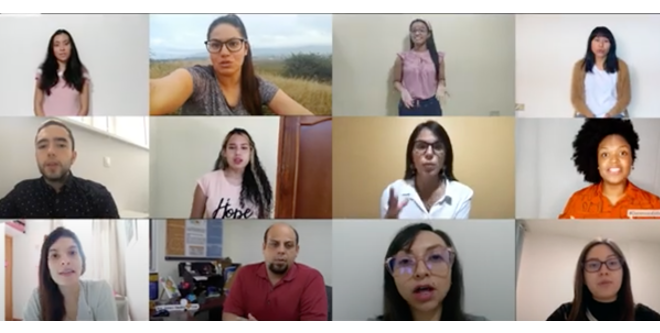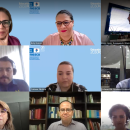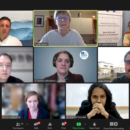Recognition Process Brazil
![]() Brazil
Brazil
Legal Framework
Constitution of the Federative Republic of Brazil
Institutional actors and operational instances
Ministry of Education, National Education Council
Documentation required in order to initiate the recognition process
1. In order to request the recognition of the diploma or certificate, the interested party must first identify the public university, authorized by the CNE, offering a course similar or related to the course to be revalidated.
2. The process is opened directly at the institution chosen by the applicant, who must submit a copy of the diploma issued and an official document from the foreign educational institution where the studies were taken, specifying information on the course load, the course curriculum, the programs and syllabus of the disciplines taken and the applicant’s academic record. All documents must be authenticated.
3. The processes are analyzed one by one, and the final decision is made by a commission of specialists in the area, appointed by the institution.
4. The university may register the diploma only after completing this process.
Contact
General Coordination of International Affairs in Higher Education
Coordinator: Adi Balbinot Junior
Telephone: (61) 2022-8014
E-mail: cgai.sesu@mec.gov.br
Chief of Staff: Cristiane Cavalcante Souto Teixeira
Telephone: (61) 2022-8125 / 8012 / 8108 / 8118
E-mail: gabsesu@mec.gov.br
To support ratification in Brazil, write to:
President of the Senate: Sen. Davi Alcolumbre
https://twitter.com/davialcolumbre
https://twitter.com/SenadoFederal
E-mail: sen.davialcolumbre@senado.leg.br
President of the Chamber of Deputies: Dep. Arthur César Lira
E-mail: dep.arthurlira@camara.leg.br
https://twitter.com/camaradeputados
RELATED ITEMS



